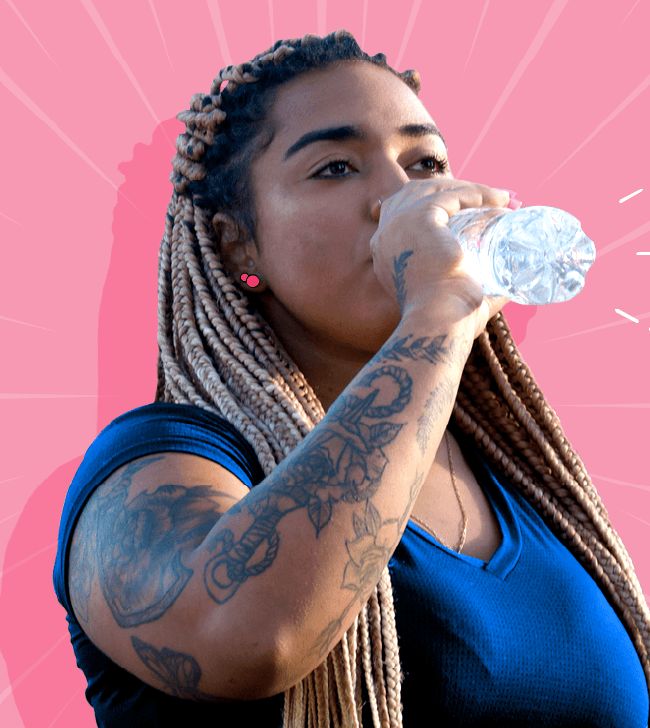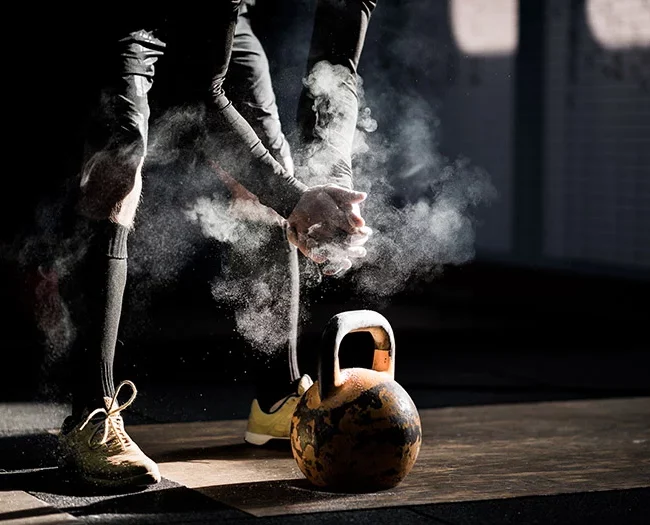
Get faster workout results and better health by giving your body the rest it needs.
You get up an hour early to fit in a workout, you analyze every single thing you eat, but you may be ignoring one of the most important parts of your training regimen—a good night’s rest. “Sleep is a foundation that allows you to train and perform at your best,” says Cheri Mah, M.S., a researcher at the Stanford Sleep Disorders Clinic and Research Laboratory. Even though rest is one of the body’s essential functions just like breathing and eating, we tend to think it’s OK to skimp on it. Unfortunately, that’s not going to help your health or your fitness.
Chronic sleep deprivation can make you cranky, stimulate your appetite, and put you at risk for hypertension, diabetes, and other chronic conditions. Even getting an hour less than the recommended seven to eight per night can shorten life span, according to studies. And especially if you’re an athlete, sleeping impacts your learning, memory, and reaction times, which are key parts of your athletic performance. Luckily, a few tweaks to your bedtime routine can ensure you’re getting the sleep your body needs for optimal performance and better overall health. Follow these 11 tips for a more restorative rest tonight.

Wind Down with Yoga
You know yoga is good for you, but between strength and cardio training sessions, it can be hard to fit in a class. However, practicing a few poses before bed may help you sleep better. Recent research has shown that practicing yoga regularly improves sleep and can decrease levels of the stress hormone cortisol. “If levels of cortisol are very high, muscle mass is reduced. It interferes with muscle recovery and your ability to store glycogen for future workouts,” says Catherine G.R. Jackson, Ph.D., FASCM, professor in the department of Kinesiology at California State University Fresno.
Feel like saying “om” now? Try a cat stretch: Get down on all fours and then arch your back as you tuck your chin down and exhale. Then inhale as you dip your back and lift your head toward the ceiling.
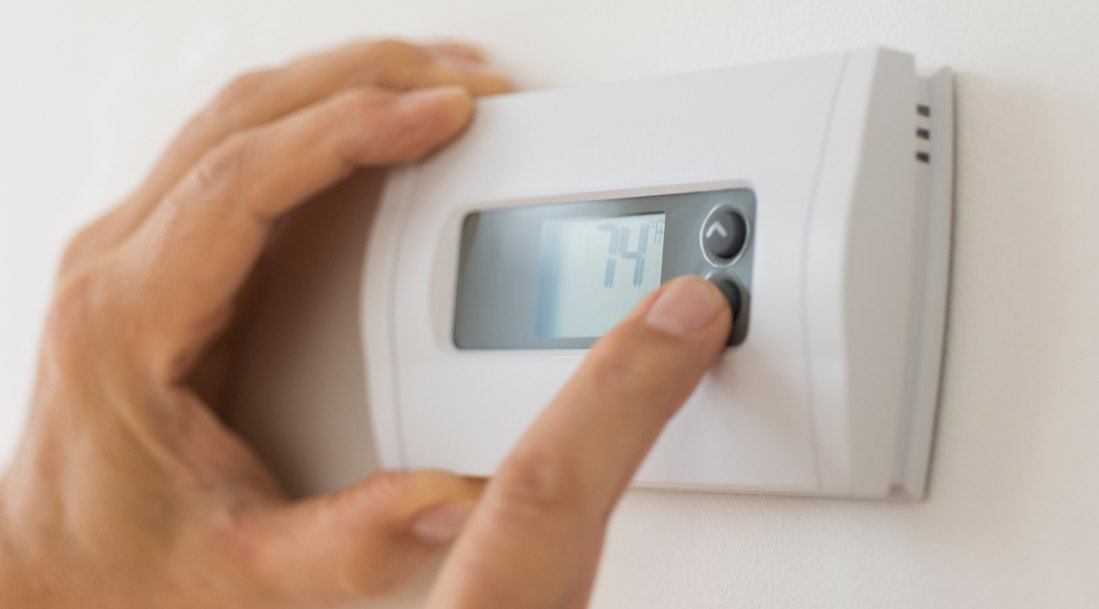
Set Your Thermostat Between 60° and 68°
Studies show that the healthiest sleep occurs when your body temperature decreases to a point where your metabolism slows down and gradually lets your body relax. Keeping the thermostat between 60° and 68° helps your body reach that internal temperature sweet spot. Helping your body get into a deep sleep can help your workout, too. Sleep deprivation minimizes the amount of human growth hormone, which is essential for tissue repair. Cooling your body down and prepping for a deep sleep may help you maximize this hormone’s production and recover from last night’s workout.

Stick to a Routine
“We’re really tied to our sleep cycles,” explains Jackson. “Having a set routine is always best.” Our bodies run on circadian rhythms, which are like internal clocks that regulate mental and physical changes occurring in our bodies each day. Just as you get hungry every day around lunch-time, if you keep a consistent bedtime, your body will begin sending cues every night at the same time, which will put you into a deeper, more healing sleep. This means the weekends, too! Going to bed at 1 a.m. on Saturday night when you typically get in bed at 11 p.m. on weekdays can alter your rhythms, making it harder to fall asleep on Sunday.

Power Up at Dinner
You already know that protein is good for your body; it helps your muscles rebuild after an intense sweat session. Many of your favorite proteins also contain snooze-friendly tryptophan, an amino acid that boosts levels of sleep-inducing serotonin in the body. Good sources include chicken, eggs, fish, turkey, and tofu, as well as plenty of nuts and seeds. Pair it with a portion-controlled carb for maximum effect. A 2007 study found that starchy carbs, like rice, may help boost levels of tryptophan and serotonin, too.
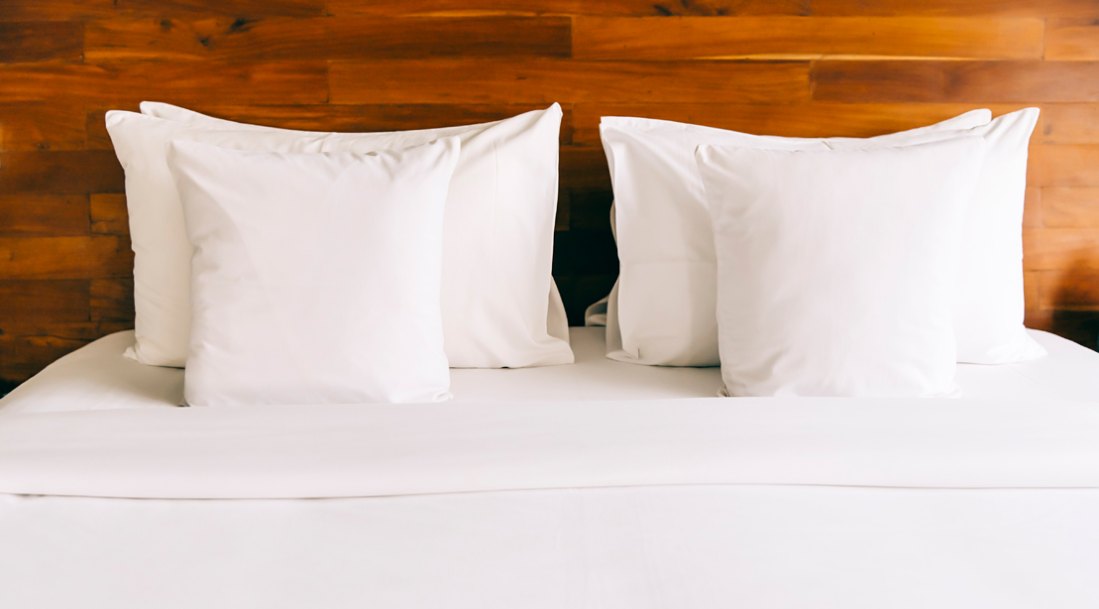
Channel Your Inner Goldilocks
Avoid pillows that are too fluffy or too flat; the best pillow is the one that supports your neck in a neutral position. The type of pillow you use is a good indicator of how well you’ll sleep, with studies associating a higher pillow comfort level with better sleep quality. Feather pillows may feel nice, but they may not be the best way to get good, healthy rest. In one study, they were associated with lower sleep quality than latex, foam, and polyester pillows. Also, if you consistently wake with a stiff neck and shoulders, your pillow may be the issue.

Soak Before Seven
A hot bath is often advised as an easy way to relax and get ready for bed. Though baths are a great way to clear your mind, they can also raise your body’s temperature, reversing the temperature drop your body needs to get into deep-sleep mode. “Anything that disrupts cooling can alter your sleep cycle,” Jackson says. She advises you not to give up baths, but just take them a few hours before bed.

Ditch the Midnight Snack
It’s tempting to have a snack before bed—no one can fall asleep with a growling stomach, right? That may be true, but eating too much late at night may do more harm than good. While you sleep, you don’t require a lot of energy, and your digestive system slows down. Eating that big slice of pizza right before bed means it will be digested while you’re sleeping, when your stomach isn’t primed to release all the enzymes and stomach acids needed to convert that snack to energy, leaving you feeling bloated in the morning and possibly leading to weight gain over time.

Sleep on Your Back
Most experts are in agreement that sleeping on your back minimizes aches and pains, as well as acid reflux. Side sleepers are generally safe, but there’s bad news for stomach sleepers. This position makes it difficult to keep your spine in neutral position and can cause neck and joint pain as well as tense muscles.
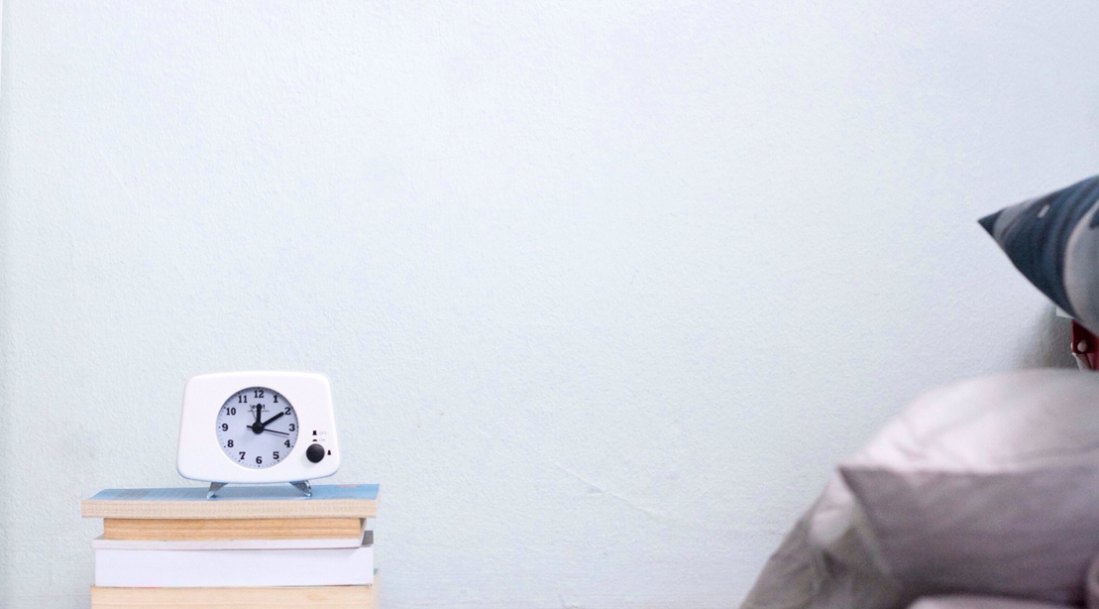
Skip the Late Show
Everyone’s sleep needs differ, depending on age, activity level, and even genetics, but most researchers agree you should aim to get at least seven hours every night. “In someone with chronic sleep loss, even just one bad night of sleep can trigger slower reaction times, increased fatigue levels, and impaired cognitive functioning, learning, and memory,” Mah says. For people who skimp on sleep regularly, Mah advises that consistently adding just 30 to 60 minutes of sleep a night may give you positive results.

Get Off the Grid
After a long day at work or a particularly brutal workout, it’s tempting to veg out in front of your TV or computer before bed. In fact, roughly six in 10 Americans use their computers within an hour of going to sleep, according to a 2011 National Sleep Foundation study. These screens and other tech gadgets emit blue frequencies of light, which can disrupt your circadian rhythm and slow down the production of hormones, like melatonin, that put us to sleep. To improve sleep, turn off all screens two hours before bed and dim the lights. “Make your room like a cave: dark, cool, and quiet,” Mah says.

Sip Some milk
Not only is milk rich in tryptophan (the amino acid that helps you sleep), but it also aids in muscle recovery. “Recent research found that low-fat chocolate milk beat out a whey protein concoction,” Jackson says, stressing the importance of the milk being low in fat. The mixture of carbohydrates and protein may also reduce some types of exercise-induced muscle damage. Try a glass—warm or cold—before bed.


